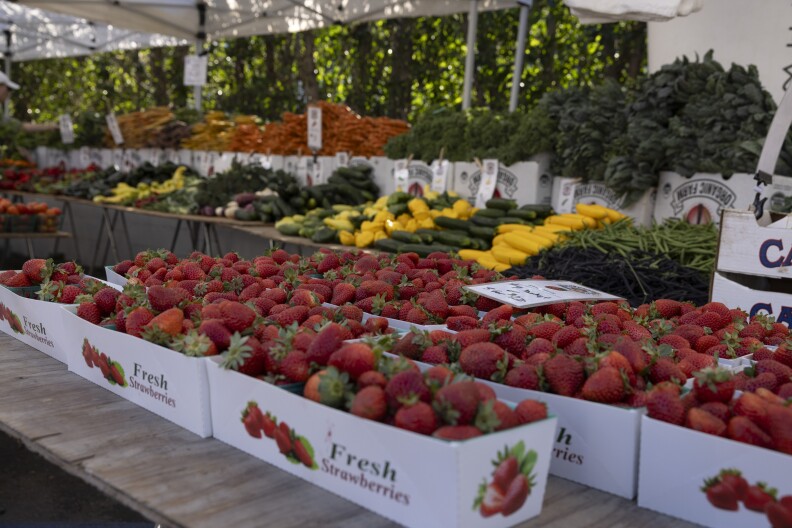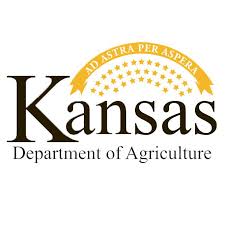The Trump administration announced on November 3, 2023, that it will utilize emergency funds to partially cover food aid for millions of Americans affected by the government shutdown. This decision follows rulings from two federal judges mandating the administration to access contingency funds to support the Supplemental Nutrition Assistance Program (SNAP) benefits for November.
The U.S. Department of Agriculture (USDA) revealed its plan in a court filing directed by U.S. District Judge John McConnell, who ordered the agency to ensure that at least some SNAP benefits are funded during this period of uncertainty. According to the U.S. Department of Justice, the USDA is complying with the court’s order and “will fulfill its obligation to expend the full amount of SNAP contingency funds today.”
Despite the administration’s commitment to fully utilize the $5.25 billion in contingency funds, it will not tap other available resources necessary to provide complete benefits for 42 million Americans. The cost of fully funding SNAP benefits is estimated at between $8 billion and $9 billion per month. The plan allocates $600 million for states’ administrative costs in managing SNAP, resulting in a remaining $4.65 billion that will cover only 50% of eligible households’ current allotments.
These partial payments mark an unprecedented shift in the program’s history. A USDA official cautioned in court documents that many states, which handle the daily administration of SNAP benefits, may require weeks to months to implement system modifications that would enable them to provide the reduced benefits.
SNAP benefits are intended for low-income Americans, specifically those with incomes below 130% of the federal poverty line. For instance, this threshold translates to $1,632 per month for a single-person household and $2,215 for a two-person household in many regions.
The ongoing government shutdown, which began on October 1, has placed SNAP benefits in jeopardy. The USDA had previously indicated that it lacked sufficient funds to issue full benefits and had announced a suspension of SNAP payments starting November 1. However, following rulings from Judge McConnell and U.S. District Judge Indira Talwani in Boston, the administration was informed that it has the discretion to utilize a separate fund containing approximately $23 billion.
Patrick Penn, the deputy undersecretary for food, nutrition, and consumer services at the USDA, mentioned in a court filing that the agency is weighing the possibility of accessing these funds. Nevertheless, he indicated that the priority must remain on child nutrition programs rather than reallocating resources to SNAP.
As the situation unfolds, the implications of these decisions on food security for millions of Americans continue to develop. The contrasting perspectives between political parties regarding the shutdown highlight the challenges faced in addressing the needs of vulnerable populations during this crisis.







